5 Camera-Buying Misconceptions for Beginner Photographers
For beginners looking to get into photography, buying their first camera is not only crucial but also holds special significance.
However, some misconceptions and misunderstandings often lead novice photographers astray when making purchasing decisions.
In this article, we aim to address five common misconceptions that beginner photographers frequently encounter and provide our insights and recommendations on the matter. If you're planning to buy a new camera, we believe this article will be helpful to you.
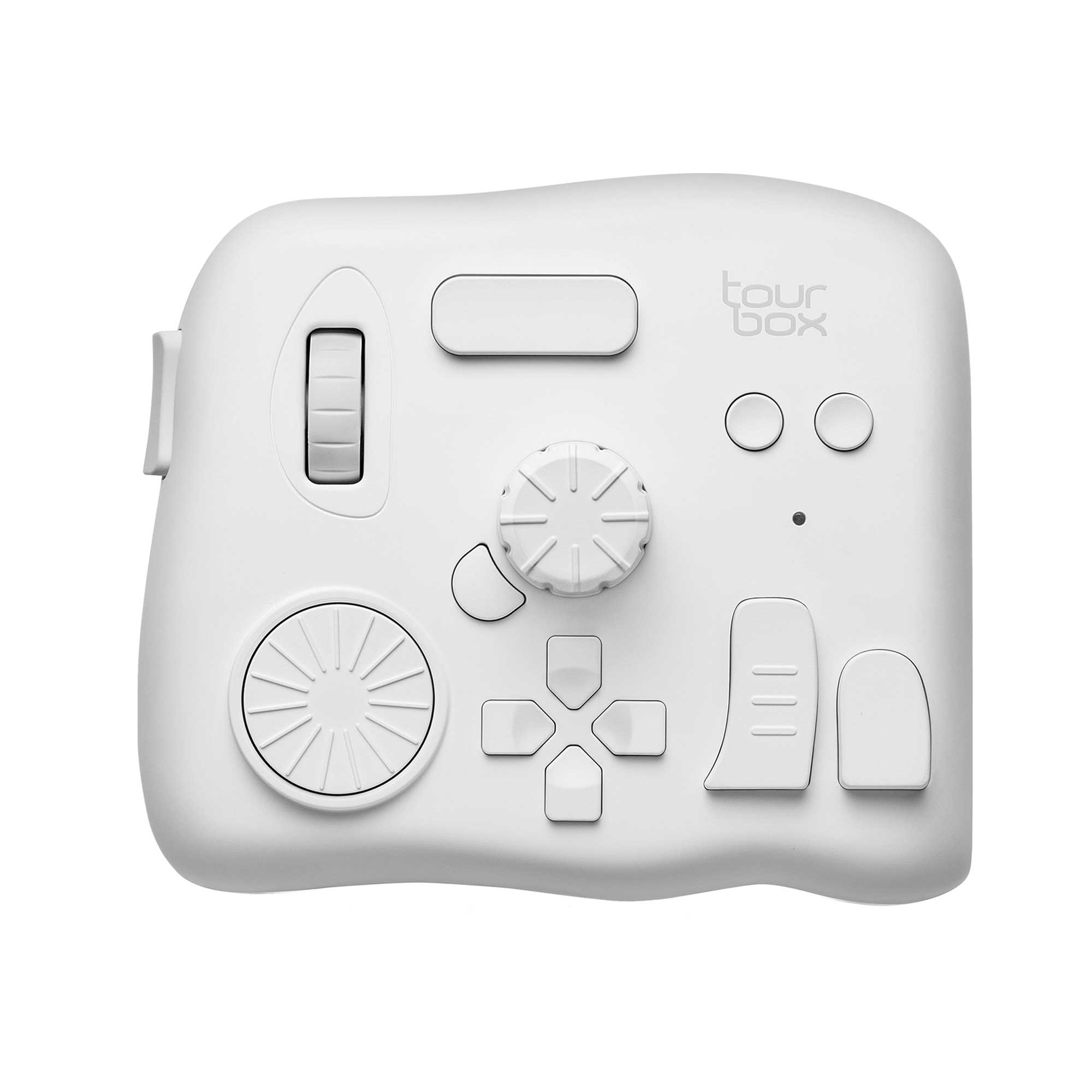
In this article, you will learn:
- Misconception 1: Beginners with Poor Skills Should Start with a Cheap Camera
- Misconception 2: The More Expensive the Camera, the Better the Photos
- Misconception 3: High Cost-Effectiveness Means a Cheap Camera
- Misconception 4: Buying Used Is Always More Cost-Effective Than Buying New Cameras
- Misconception 5: The Longer You Use a Camera, the More Cost-Effective It Becomes
- Conclusion
Misconception 1: Beginners with Poor Skills Should Start with a Cheap Camera
Many beginner photographers, when they have a very generous budget, often worry that high-end cameras are too professional and complicated, fearing they won't be able to handle them. As a result, they opt for cheaper camera models, thinking they will be simpler and easier to use.
This idea is totally off the mark! Just because someone wears expensive sneakers doesn't mean they're an NBA star, drives a luxury car doesn't mean they're an F1 racer, or uses a high-end computer doesn't mean they're a hacker.
The same goes for digital cameras. Faced with a high-end professional camera, what beginner photographers should genuinely consider is whether their financial situation can support its price and if its features are suitable for their photography subjects.
Under the premise of rational consumption, beginners should try to purchase high-end professional camera models when starting out, as their performance can to some extent compensate for the photographer's technical deficiencies.
For instance, when a beginner makes a composition mistake, the high pixel characteristics of some high-end models can withstand extensive cropping to allow for re-framing opportunities.
Additionally, high-end cameras usually have better metering capabilities to assist beginners in achieving correct exposure.
Even if a beginner makes operational mistakes, certain models with high dynamic range capabilities can help salvage underexposed or overexposed areas during post-processing.
Not to mention that many professional cameras nowadays feature robust in-body stabilization and highly intelligent face/eye detection autofocus.
When you're in the process of post-processing, you can clearly feel the convenience that a high-end camera brings to your photo editing.
We'd like to recommend a controller, TourBox, that can significantly enhance your work efficiency in photo editing. Whether it's photo management or color grading, TourBox allows you to navigate through tasks as if you were playing a video game with a game controller—smooth, enjoyable, and efficient.
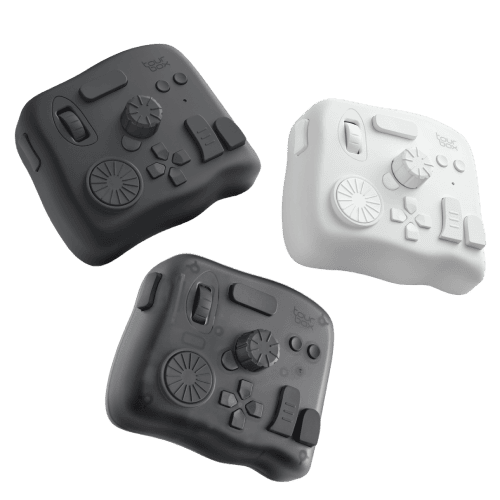
Take a look at our photo editing page to discover the magic of TourBox in photo editing.
In essence, high-end professional cameras should be seen by beginners as a ladder, not a barrier. They come with a plethora of useful and powerful features, essentially partnering with the photographer like a master in the field.
On the other hand, extremely outdated or very cheap cameras often require photographers to have a wealth of experience and skills; otherwise, they could easily become "burdensome teammates" that hinder your creative efficiency and shake your confidence in photography.
However, it's crucial to note that our main point is to urge beginner photographers not to intentionally downgrade the quality of their first camera. This doesn't mean beginners must start with a high-end camera.
While it's easier for beginners to shoot with high-end cameras, if your budget is truly limited, you can still learn photography and capture great photos with relatively inexpensive cameras.
If you're unsure which camera model is the most worthwhile within your budget, consider checking out our article on camera recommendations for guidance.
Further Reading:
Best Camera for Photography in 2024 Based on Different Budgets
Misconception 2: The More Expensive the Camera, the Better the Photos
We've been emphasizing the benefits of high-end cameras for beginner photographers, but does a high-end camera really deliver the results you imagine?
Many novice photographers, upon purchasing a high-end camera, immediately expect stunning masterpieces only to find that their photos are not significantly different from their previous ones, leading to great disappointment.
This situation stems from a common misconception that "the more high-end the camera, the better the photos will be."
For example, consider these two photos below taken with two different cameras under the same settings and in the same scene. Would you believe that the prices of these two cameras differ by nearly 13 times?
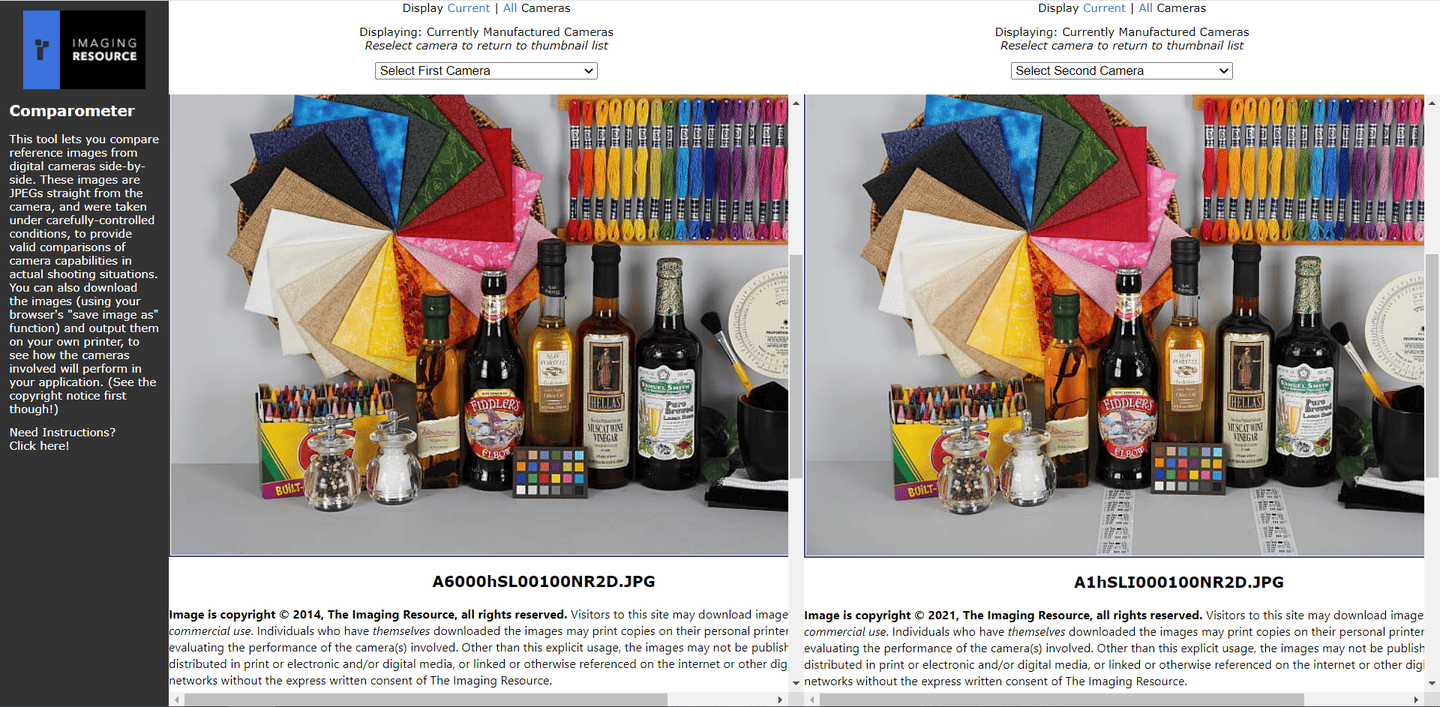
The reason why these two photos may not appear significantly different at first glance is that enhancing photos is not the main focus of camera development and design.
Cameras are fundamentally professional tools. Apart from novice photographers, most camera users have photography skills, post-processing abilities, and personalized aesthetic preferences. They naturally wouldn't want the camera to make decisions for them regarding colors, styles, and effects.
Camera manufacturers are aware of this, focusing more on providing users with a range of options and creative freedom, rather than pre-processing photos to look good.
This approach contrasts sharply with the "AI smart photography" and "automatic beautification" features found in smartphones today.
However, camera manufacturers do consider the feelings of beginners to some extent. Nearly all models now include an "AUTO" (fully automatic) exposure mode.
Many brands continuously improve the straight-out-of-camera colors on new models, with Fuji even introducing a "film simulation" feature (similar to applying filters) that allows users to capture photos with a film-like color tone.
In conclusion, beginners need not overly worry about the learning curve of their cameras.
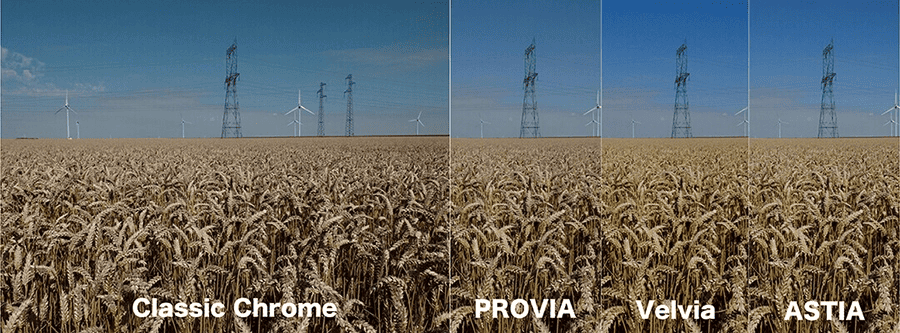
Of course, just because camera manufacturers don't intentionally beautify photos doesn't mean all cameras will produce the same results when used in the same scene with the same settings.
There are indeed differences, but these discrepancies are not necessarily tied to the price range of the cameras. Expensive cameras don't always guarantee visibly better photos.
In fact, the differences in straight-out-of-camera performance between cameras of different price points are often less significant than the variances between cameras of different brands.
Photographer Sean Tucker conducted a comparison shoot in 2018 using a Canon 5D Mark III and a Sony A7 III, capturing a set of photos with the same lens and entirely identical settings.
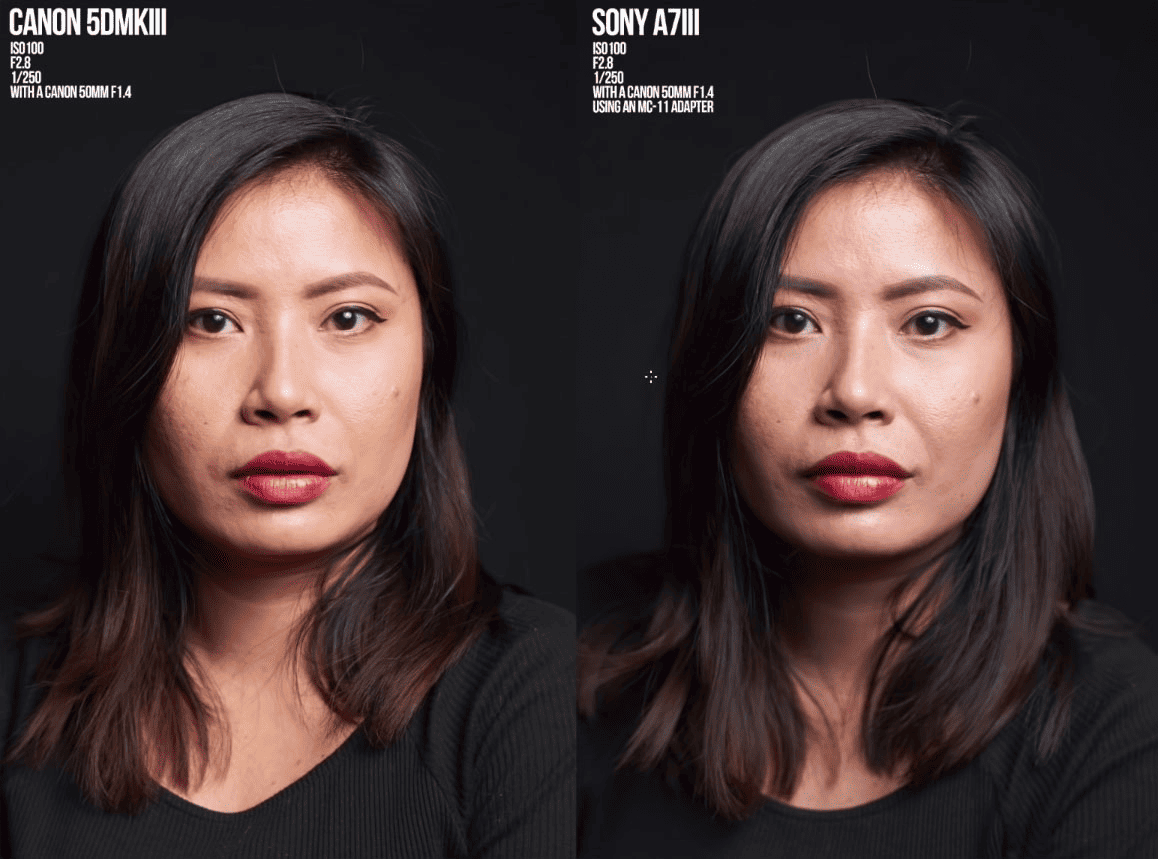
It's clear to see that without any post-processing, the straight-out-of-camera results from the two cameras varied significantly, especially in terms of color. Therefore, owning a high-end camera doesn't necessarily mean you'll capture more aesthetically pleasing photos right off the bat.
So, what's the point of investing in a high-end camera?
- Firstly, it enhances the shooting experience with features like better screens and viewfinders, more precise autofocus, and higher continuous shooting speeds.
- Secondly, it provides higher-quality image files after shooting. High-end cameras often boast higher pixel counts, better image quality, and superior video specifications. While these features may not directly result in "better-looking" photos, they do offer more post-processing flexibility.
Therefore, considering higher-end camera options within your means is a wise choice.
However, remember that while a high-end camera can assist in your photography, it's ultimately up to you as the photographer to capture stunning shots.
Misconception 3: High Cost-Effectiveness Means a Cheap Camera
Many novice photographers aim to buy a camera with high cost-effectiveness when purchasing their first camera. However, in their subconscious, high cost-effectiveness equates to as cheap as possible while still being functional.
Having high cost-effectiveness doesn't necessarily mean the camera is cheap. While "high cost-effectiveness" can be understood as a product with powerful performance at a relatively low price, it's ultimately a ratio without strict constraints on performance and price.
If a camera's performance is four times better than another camera's, even if its price is double that of the other camera, it's still a more cost-effective product.
What we're really trying to convey is that selecting a camera based on cost-effectiveness isn't always reliable because everyone has different subjects to shoot and specific needs.
For example, imagine a camera designed for high-speed continuous shooting and autofocus tracking, priced reasonably. This would be a high-cost-effective choice for a sports photographer who needs to capture fast-moving athletes and seize breathtaking moments.
However, for a still-life photographer who doesn't require high-speed continuous shooting or autofocus tracking, this camera, seen as high cost-effective by others, wouldn't be worth buying.
Instead of spending more time and energy focusing on the specific features of the camera, it's better to understand your own shooting scenarios and requirements. Avoid blindly following the so-called "high cost-effective" cameras touted online.
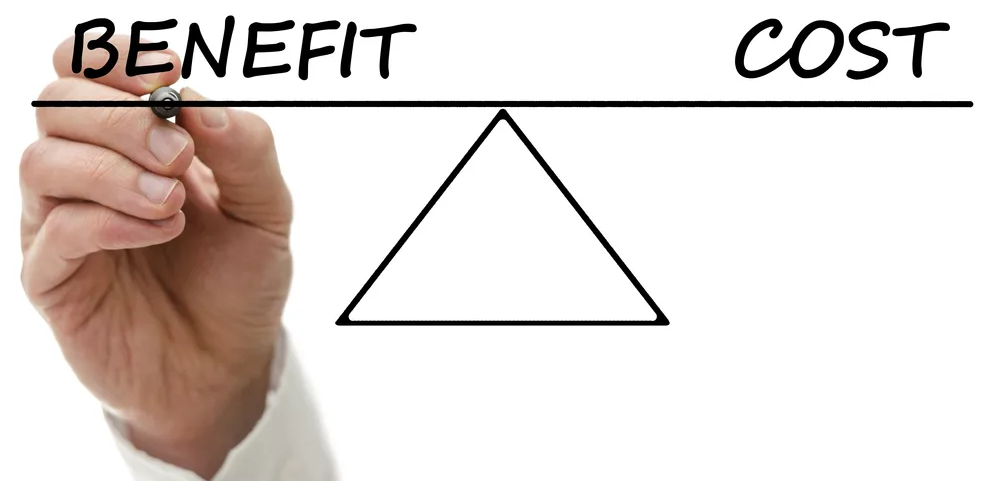
Misconception 4: Buying Used Is Always More Cost-Effective Than Buying New Cameras
Have you ever thought about snagging a previously expensive camera at a low price, like a Canon flagship DSLR from a decade ago, the 5D Mark III, believing it's a better deal than buying a new model for the same price? You might feel like you've hit the jackpot.
But is it really that straightforward?
First off, let's understand why those once pricey cameras have dropped in value.
Some say it's due to age, wear and tear inside the used gear, or the worn-out appearance. While these reasons aren't entirely wrong, from an economic perspective of supply and demand, the price drop fundamentally stems from an increase in supply or a decrease in demand.
As a discontinued antique camera, increasing the supply is impossible. The culprit for the price drop can only be a decrease in demand, meaning many folks are no longer considering buying that model.
There are various reasons why it's fallen out of favor, but here's a question you should ask yourself: Do you really need a product that most people no longer want?
Next up, let's consider who determines how much it depreciates. Essentially, it's the market.
The market price essentially mirrors a camera's worth: too high a price, and it won't sell; too low, and demand skyrockets, pushing the price back up to a normal level.
Therefore, when selecting a camera, don't get swayed by its original launch price. Focus more on the current market price.
Regardless of how expensive a camera was in the past, if it now consistently sits at $800 (just an example), it means its current performance is only worth $800. Don't daydream that it could outshine cameras on the market priced in the thousands.
Used cameras won't necessarily offer significantly better value than new ones at the same price point. So, we recommend not fixating solely on used gear and not dwelling too much on past launch prices. There are plenty of new cameras on the market worth considering.
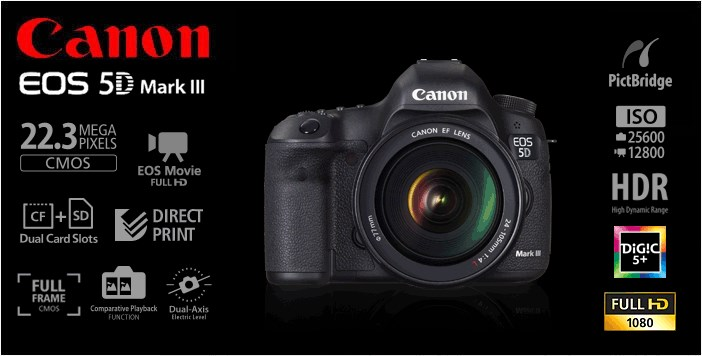
Misconception 5: The Longer You Use a Camera, the More Cost-Effective It Becomes
No doubt, cameras aren't cheap. Have you ever thought that when you finally decide to buy your first camera, you plan to use it for a decade or two, until it's completely worn out, thinking that's the best way to get your money's worth?
But the idea of "using it for a long time" might not be the smartest move. The expenses incurred from upgrading your camera aren't as significant as you might imagine, while the improvement in your photography experience is quite noticeable.
This might sound counterintuitive, but the reason lies in the fact that camera gear tends to hold its value well compared to other digital products, and the product iteration is relatively slow.
Many cameras and lenses can still fetch a decent sum when you decide to sell them after two or three years of use.
Although upgrading your camera won't break the bank, it definitely costs more than not upgrading. So, whether or not to switch cameras depends on your personal usage frequency, specific shooting needs, and the differences between the old and new models.
We're not suggesting that you should blindly chase after the latest camera models. We just want to remind beginner photographers that just because a camera is expensive doesn't mean you have to use it for a very long time.
Timely and appropriate upgrades to your camera can greatly enhance your photography experience, and the actual cost might be lower than you think.
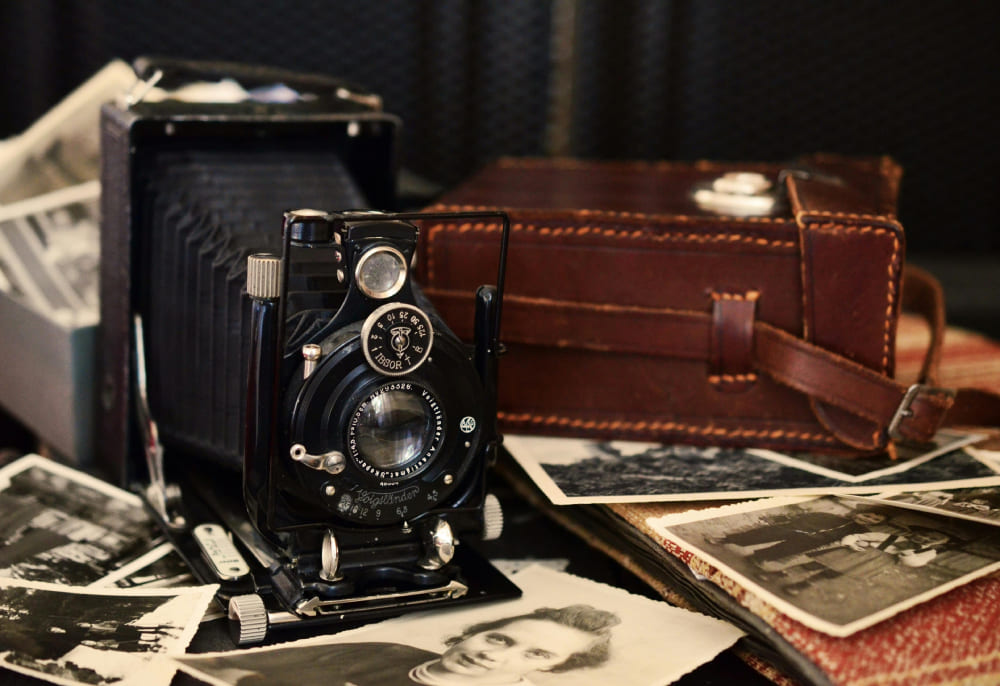
Conclusion
When purchasing a camera, understanding the common misconceptions we've shared above for beginner photographers can help you make wiser choices.
Certainly, the best camera is the one that suits your needs the most, not necessarily the most expensive or feature-packed one.
Regardless of the type of camera you choose, the most important thing is to keep practicing and exploring, and to enjoy the pleasure of photography! The most valuable way to make your camera worthwhile is to use it often to capture fantastic photos!
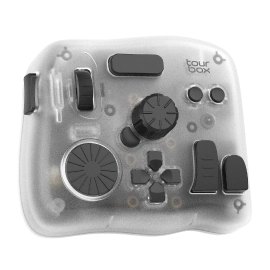
We believe that TourBox will make your photography journey more interesting. You're sure to enjoy the unique, creative experience that TourBox brings to you.